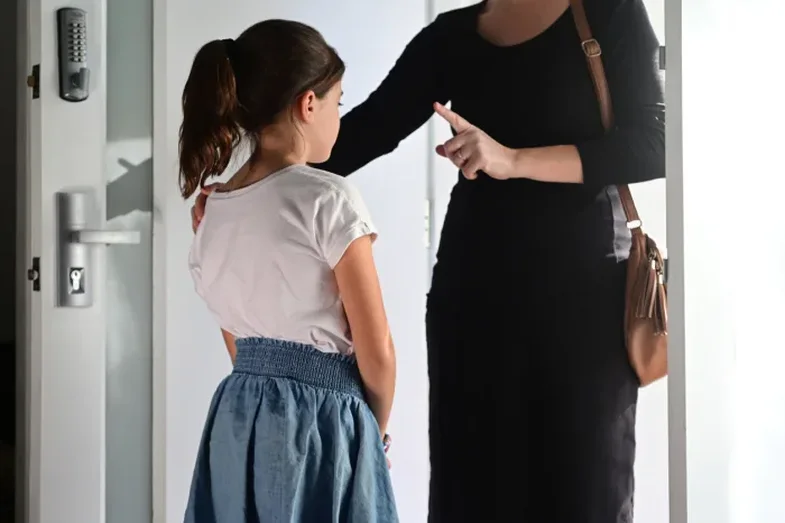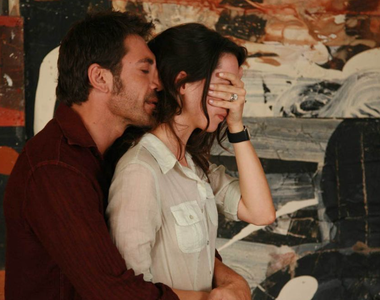
We believe that just from the various parenting Instagram videos, you may have realized that the way you talk to your children becomes their inner voice for life.
"Childhood is a critical period for development," says clinical psychologist Beth Pausic. "On an emotional level, this development is related to the formation of identity, the learning of emotional regulation, the development of social skills, etc."
But it seems that the way you talk, and even the constant criticism you give them when they are children, is crucial to the person they become in the future.
Here are the traits that develop with age according to psychologist Gayle MacBride:
#1 Low self-esteem
So you were told repeatedly that you don't deserve love, kindness or respect as a child? Then wait for the consequences as an adult! Low self-esteem is one of the main traits that develop when you criticize often and these signs are poor eye contact, difficulty defending yourself, etc.
#2 Perfectionism
If failure was not tolerated in childhood, it is only natural to seek 100% perfection in adulthood, even if you know that perfection does not exist.
#3 They talk negatively to themselves
That critical inner voice is the result of people being constantly criticized as children, and this pattern is hard to break over the years.
#4 They hardly accept compliments
When someone criticizes you all the time, sincere compliments make these people feel confused or feel that they do not deserve them.
#5 Become super critical of others
People who were chronically put down as children may not just be hard on themselves, but they are constantly looking for faults and problems in other parties as well.
#6 Defensive posture
People who are often criticized as children may feel as if they are constantly being watched by others, so they adopt a defensive attitude because they expect criticism and attacks.
#7 Social anxiety
If you grow up in an environment where negative and critical feedback is consistent and constant, you may experience social anxiety as an adult because you never expect praise or positive grades from others.
#8 Sense of comparison
Comparison is the "thief of happiness," but it happens to people who have been criticized as small because they simply don't believe in their own abilities.
#9 They constantly apologize
Children learn to apologize as a way to survive in a very critical environment.
#10 They have difficulty regulating their emotions
If children do not learn that their emotions are valid and normal, they may face challenges regulating their emotions as adults.
Suggested articles:




